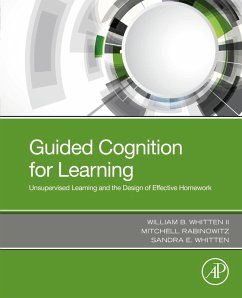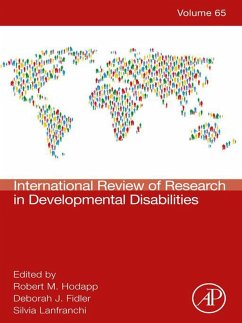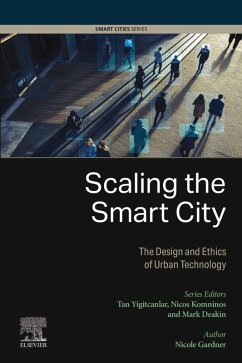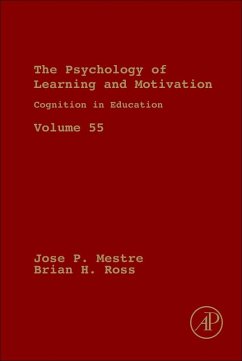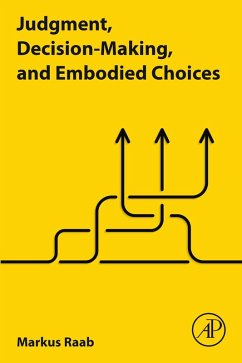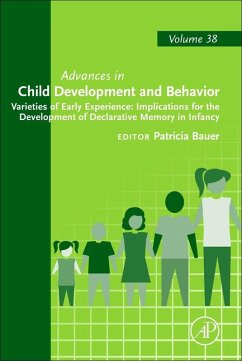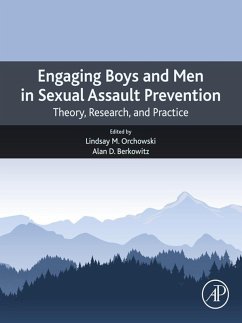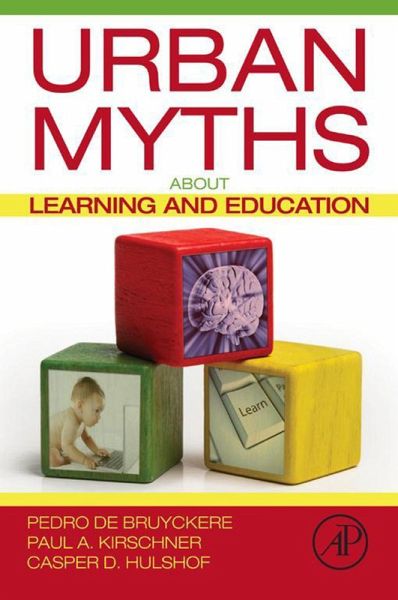
Urban Myths about Learning and Education (eBook, ePUB)
Versandkostenfrei!
Sofort per Download lieferbar
19,95 €
inkl. MwSt.
Weitere Ausgaben:

PAYBACK Punkte
10 °P sammeln!
Many things people commonly believe to be true about education are not supported by scientific evidence. Urban Myths about Learning and Education examines commonly held incorrect beliefs and then provides the truth of what research has shown. Each chapter examines a different myth, with sections on learning, the brain, technology, and educational policy. A final section discusses why these myths are so persistent. Written in an engaging style, the book separates fact from fiction regarding learning and education. Recognize any of these myths? - People have different styles of learning - Boys a...
Many things people commonly believe to be true about education are not supported by scientific evidence. Urban Myths about Learning and Education examines commonly held incorrect beliefs and then provides the truth of what research has shown. Each chapter examines a different myth, with sections on learning, the brain, technology, and educational policy. A final section discusses why these myths are so persistent. Written in an engaging style, the book separates fact from fiction regarding learning and education. Recognize any of these myths? - People have different styles of learning - Boys are naturally better at mathematics than girls - We only use 10% of our brains - The left half of the brain is analytical, the right half is creative - Men have a different kind of brain from women - We can learn while we are asleep - Babies become smarter if they listen to classical music These myths and more are systematically debunked, with useful correct information about the topic in question. - Debunks common myths about learning and education - Provides empirical research on the facts relating to the myths - Utilizes light-hearted, approachable language for easy reading
Dieser Download kann aus rechtlichen Gründen nur mit Rechnungsadresse in A, B, BG, CY, CZ, D, DK, EW, E, FIN, F, GR, HR, H, IRL, I, LT, L, LR, M, NL, PL, P, R, S, SLO, SK ausgeliefert werden.






